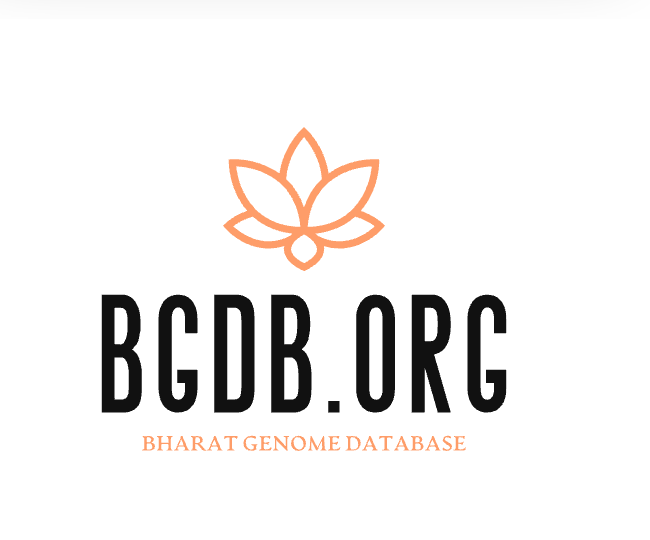Artocarpus heterophyllus
Artocarpus heterophyllus, commonly known as jackfruit, is a large tropical tree species in the family Moraceae. Native to South and Southeast Asia, it is renowned for producing the largest tree-borne fruit in the world, with some fruits weighing up to 40 kg. The jackfruit tree is evergreen, reaching heights of 10–20 meters, and features glossy, leathery leaves. Its massive, compound fruits are covered in a spiky rind and contain numerous edible bulbs, which are sweet and aromatic when ripe. Jackfruit is valued for its nutritional content, being rich in carbohydrates, dietary fiber, vitamins, and minerals. The seeds are also edible after cooking. In addition to its role as a food source, jackfruit wood is used in furniture and musical instruments. The species is highly adaptable, thriving in tropical lowlands and providing ecological benefits such as shade and soil improvement. Artocarpus heterophyllus is culturally significant and economically important in many regions, celebrated for its versatility and sustainability.

